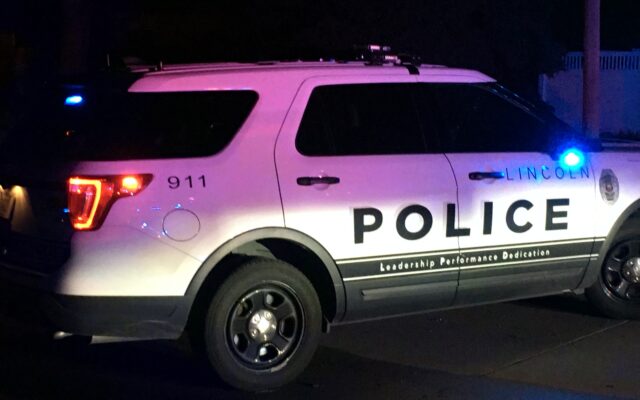NSEA Survey Shows COVID’s Devastating Effect on Students and School Staff

(KFOR NEWS December 9, 2021) Lincoln, NE – Staff shortages, mental health concerns and pandemic-induced stress are pushing students and educators to the breaking point, according to a survey of educators conducted by the Nebraska State Education Association. More than 3,100 NSEA members responded to the November survey.
“The social, emotional and academic toll of the COVID-19 pandemic is growing worse by the day,” said Jenni Benson, NSEA President. “Staff shortages and quarantines have stretched teachers thin to the breaking point. In addition to their own classes, teachers are covering classes for teachers who are ill or quarantining. They are losing their plan time, their time for one-on-one instruction with students, time to collaborate with their colleagues, and time to talk with parents. And this is the second year of these challenges – everything is compounded. Our survey results show that the situation is worse this school year than it was last year.”
A shortage of substitute teachers and educational support professionals, such as paraeducators, bus drivers, custodians and food service employees, is making it difficult for schools to provide individualized instruction, keep students fed or even get them to school.
“Educators are also reporting a significant increase in student behavior issues, and teachers are worried about their students: 84% of survey respondents said they have experienced an increase in student mental health concerns. Everyone is on edge. Our students and educators need help and support, and they need it now. The increased student behavior issues are, in part, a reflection of the stress the pandemic has put on children, upending their education, their schedules and their social lives. On top of the staff shortages leading to class coverage demands, the behavior challenges are exhausting our teachers and underscore the need for support services for both students and teachers. Earlier this week, the U.S. Surgeon General said the increase in mental health challenges in children, adolescents and young adults are “real and they are widespread. But most importantly, they are treatable, and often preventable.” Benson also noted that Children’s Hospital in Omaha has reported that emergency room admissions for serious mental health issues for children are up 33%. “Some of the federal COVID funds for Nebraska must be used to provide more mental and behavioral health resources for students, educators and schools. We need 24/7 access to mental health services statewide – be that telehealth, 800 numbers, etc. For years, NSEA has been advocating for more mental health supports for students, for smaller class sizes to allow for more one-on-one instruction that will lead to higher student achievement and fewer discipline problems, and for better salaries for school employees. Frankly, we are about out of time. Our students and teachers are suffering. We are losing teachers because they do not feel supported or respected. And young people are not choosing education as a profession because our state has not made it attractive enough. Frankly, the sky is falling. NSEA has asked lawmakers to use some of the federal COVID relief funds to provide school employees with stipends for their extra work. It is also pushing for the elimination of the Praxis CORE exam, an expensive and obsolete test that prevents too many potential educators from entering the education profession. Let us teach. We are spending too much time testing.”
Benson said a number of survey respondents shared concerns about the number of academic assessments required for students. “Parents and teachers alike have known for some time that we need our educators to spend more time teaching and less time testing. That is even more true today, given the learning loss caused by the pandemic. Educators are working harder than ever to help their students with unfinished learning and with mental health concerns. Members have shared heartbreaking stories about too many mandated tests. I’ve heard about kindergarteners shaking and in tears as they are being forced to take tests on Chromebook computers. It’s outrageous, it’s wrong, and it’s unnecessary. The fact is that teachers are assessing their students’ learning constantly.”
Benson said it is important to remember that educators themselves have gone through the trauma of the pandemic. They are working as hard as they can while also being asked to provide emotional support for kids, for their families and for each other. “We are in this together – our communities and our entire state. We need to work together to support our schools, our teachers and our students. Children are 24% of our population, but they are 100% of our future. Children are our most important investment..
READ MORE: Revolving Loan Funds Created To Support Affordable Housing In Lincoln








